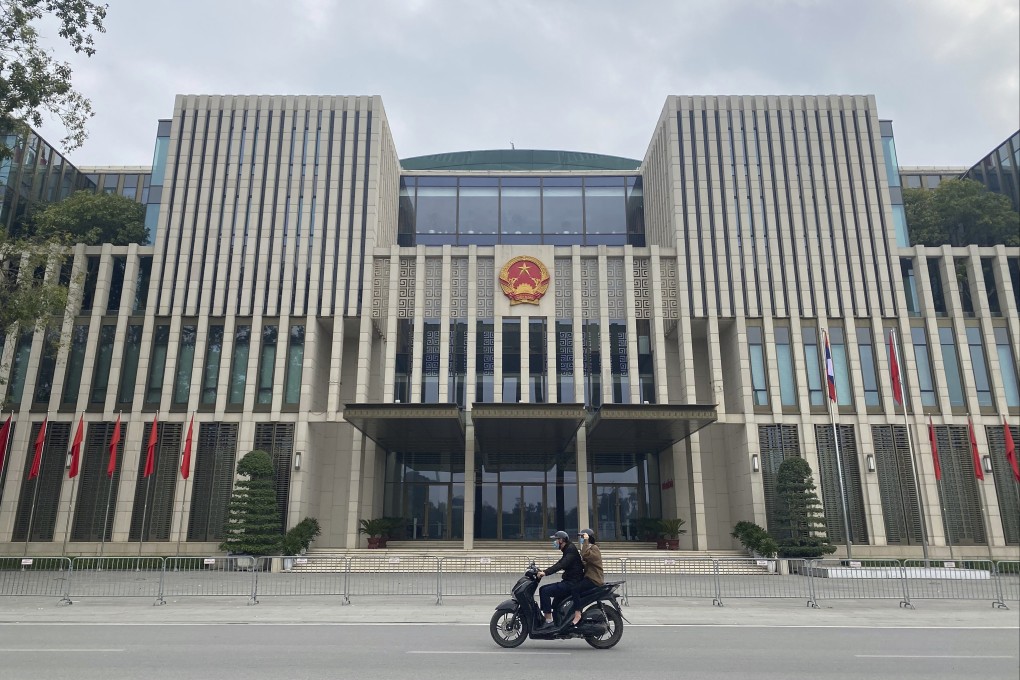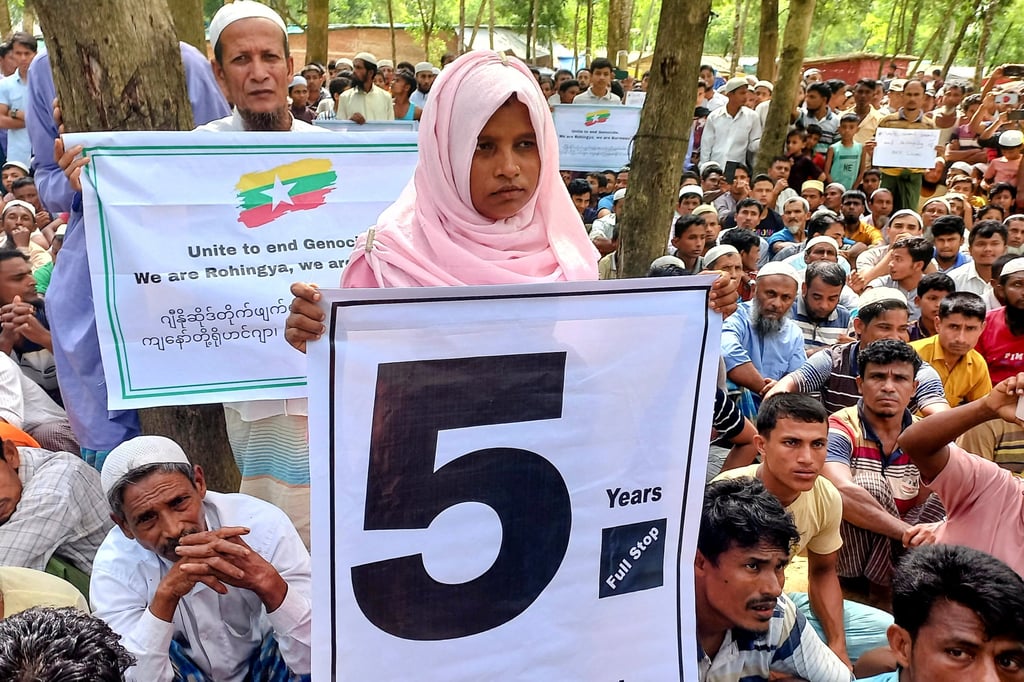Asian Angle | Can Vietnam afford the reputational costs of friendship with Myanmar junta?
- Vietnam eyes a higher international standing but its response to Myanmar’s political unrest has undermined its global ambitions
- Vietnam’s leaders likely have domestic political, economic considerations that are holding them back from speaking against the junta

The 2016 political report of the CPV reaffirmed Vietnam’s commitment to be a responsible member of the international community. However, Hanoi has not responded to the political unrest in Myanmar in a way that befits its foreign policy aspirations.
On August 25, 2017, the same day of the signing of the comprehensive partnership, Myanmar’s military launched a ruthless campaign of massacres, rape, and arson against the Rohingya, in response to attacks on army and police posts by a militant group, the Arakan Rohingya Salvation Army. Myanmar’s successive governments have implemented systematic discriminatory policies against Muslim Rohingya since the late 1970s. This has forced millions of Rohingya to flee their homes and take refuge in nearby countries, especially in the past several years.

Vietnam instead turned a blind eye to the Rohingya issue and the resulting humanitarian and refugee crisis outside Myanmar’s borders. In fact, Asean as an institution has been mostly silent on Myanmar’s mistreatment of the Rohingya and the refugee crisis, as its member states cleave to the principle of non-interference in internal affairs.
